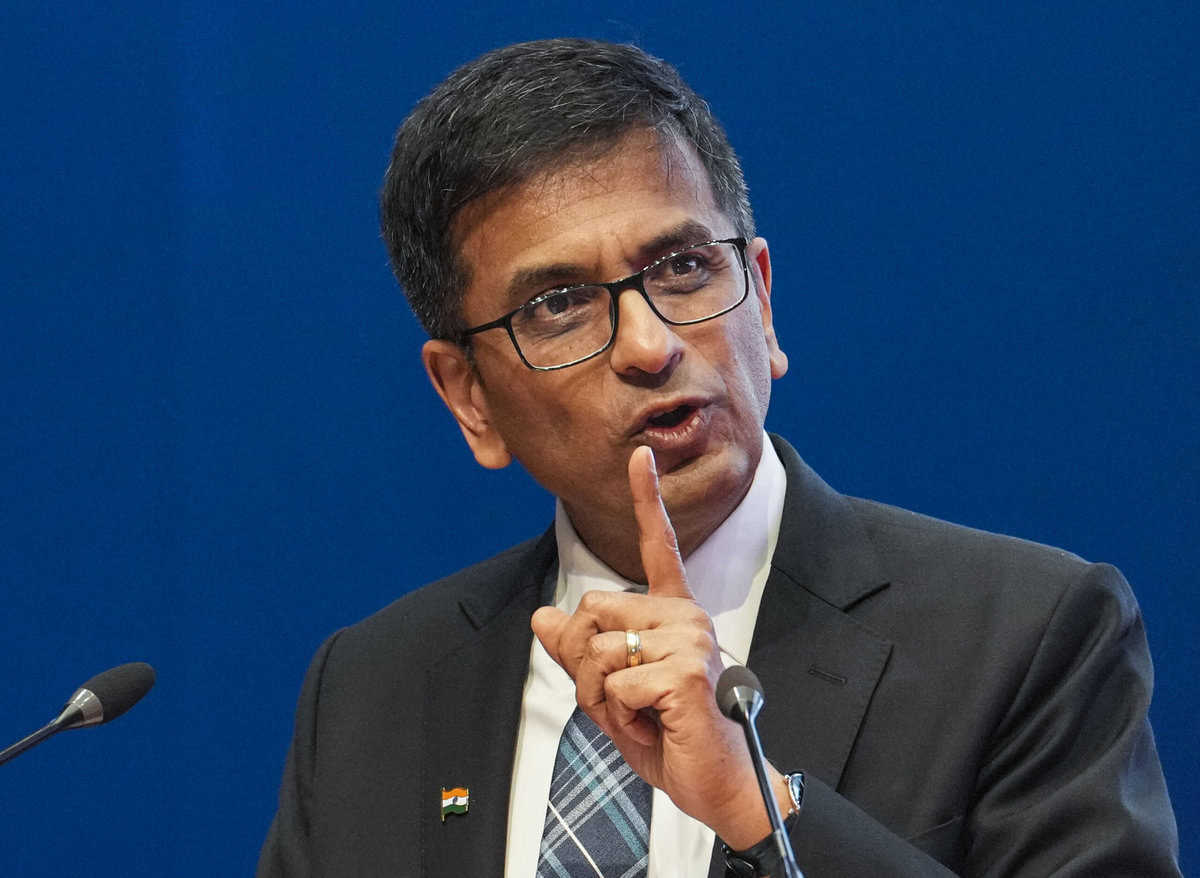
Bengaluru: Chief Justice of India D Y Chandrachud said there was a marked shift in the way disability is looked at.
Speaking at the inaugural session of India Accessibility Summit and State Disability Commissioners’ Conclave here in Bengaluru on Saturday, he said training, public meetings and policy-making have brought about the change.
“There is a marked shift in the way we approach disability. Training academies for administrative officers have dedicated modules for disability sensitization. State commissioners in some states are organising public meetings to improve service delivery and inform policy-making with lived experiences of people,” the CJI said.
According to him, dedicated clinics at universities such as the Centre for Disability Studies at NALSAR, Hyderabad, policy think-tanks such as CLPR, Vidhi Centre for Legal Policies, NGOs and many other independent and sponsored institutions have enhanced the understanding of the ground realities about accessibility.
Private corporate entities have shown great initiative in promoting endeavours, ranging from research grants, CSR contributions, and inclusive hiring practices, Justice Chandrachud said.
The CJI underlined that there is a long way to go before accessibility, autonomy, equal participation for persons with disabilities are achieved.
“We still need accurate statistics of persons with disabilities, disaggregated along the various intersecting inequalities of gender, urban-rural divide, and types of disabilities,” Justice Chandrachud noted.
While government and private bodies are increasingly employing persons with disabilities, the workplace conditions are only slowly catching up, he told the gathering.
Technological solutions are sometimes prohibitively expensive and are unavailable to those who need them the most, he rued.
“Even as nearly 20 crore people live with psychosocial disabilities, we’re ill-prepared to properly diagnose and accommodate their needs. Honest and deliberate communication of needs is central to evolving solutions for some of these issues,” the CJI pointed out.
